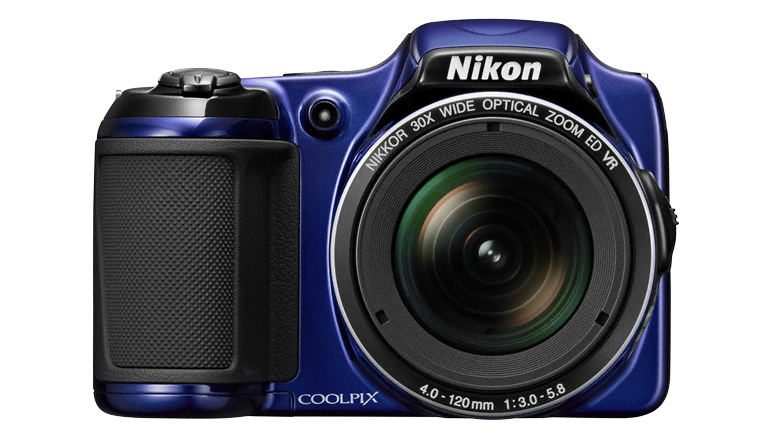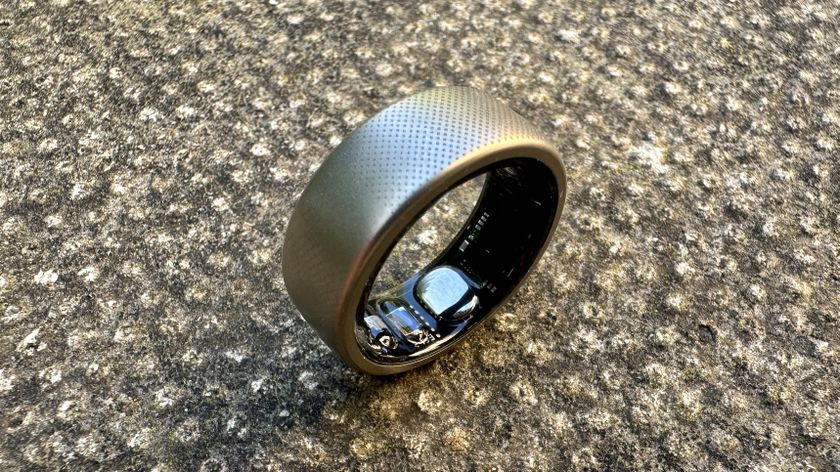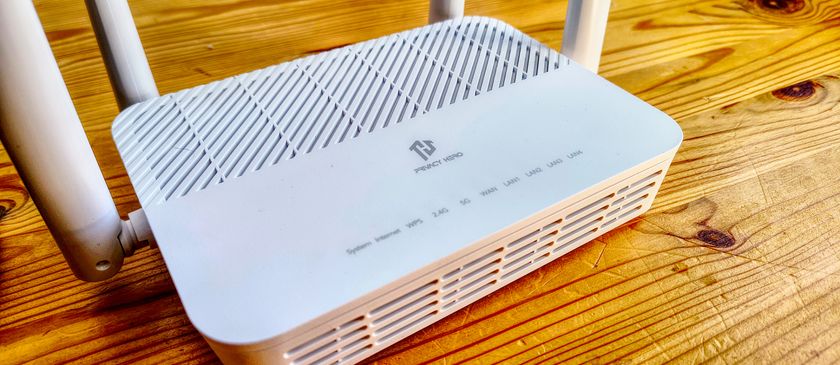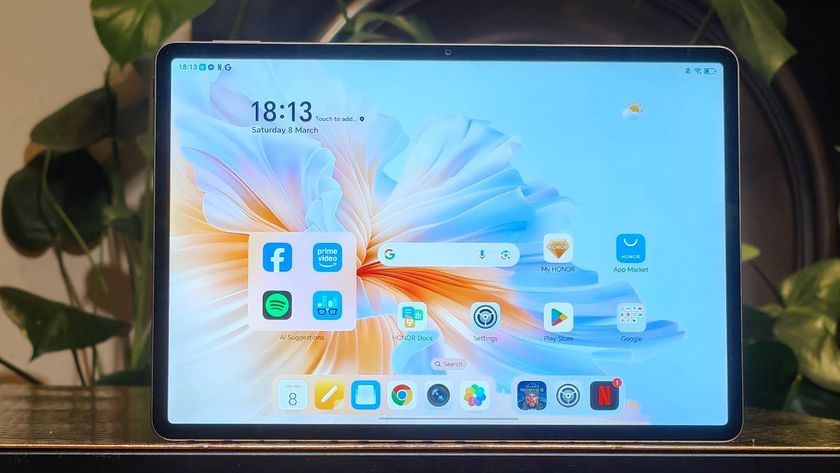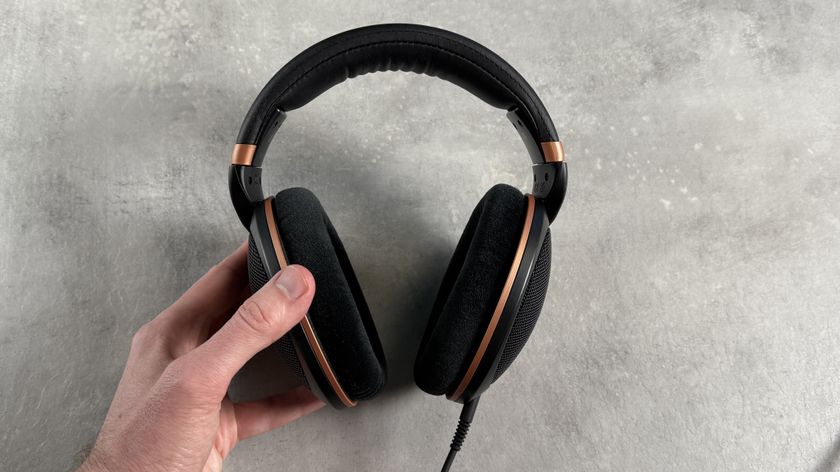Why you can trust TechRadar
We shoot a specially designed chart in carefully controlled conditions and the resulting images are analysed using DXO Analyzer software to generate the data to produce the graphs below.
A high signal to noise ratio (SNR) indicates a cleaner and better quality image.
For more more details on how to interpret our test data, check out our full explanation of our noise and dynamic range tests.
Here we compare the Nikon Coolpix L820 with the Olympus SP-820UZ, Sony HX300 and Canon PowerShot SX50 HS.
JPEG signal to noise ratio
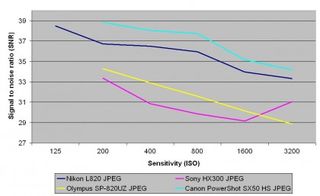
This graph shows that the Nikon Coolpix L820's JPEG files have significantly stronger signal to noise ratios than JPEGs from the Olympus SP-820UZ and Sony HX300 at every sensitivity setting, but slightly weaker ratios than those found in the Canon PowerShot SX50 HS's JPEGs.
JPEG dynamic range
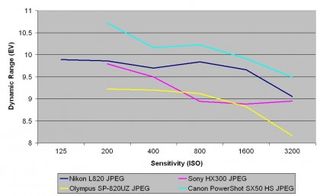
Similarly, the Nikon Coolpix L820's JPEGs have greater dynamic range than the Olympus SP-820UZ and Sony HX300's JPEGs, but weaker dynamic range than the Canon PowerShot SX50 HS's JPEGs at every sensitivity setting. Results here are slightly less spread out than they were for signal to noise ratios, with theSony coming close to the Nikon's scores at ISO 200 and 3200.
Current page: Noise and dynamic range
Prev Page Image quality and resolution Next Page Sample images
When not wrestling wild bears or leaping tall buildings in a single bound, Gavin Stoker can be found editing British Photographic Industry News, the UK's longest running and only photo trade title. He has over 25 years of camera testing and reviewing under his belt.
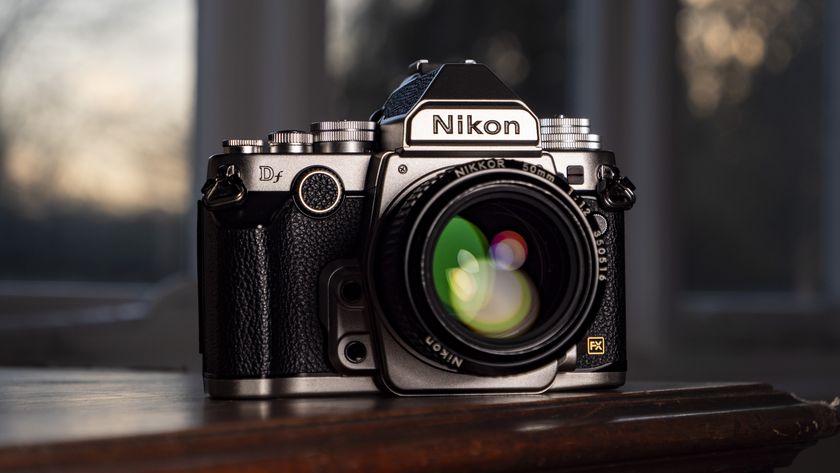
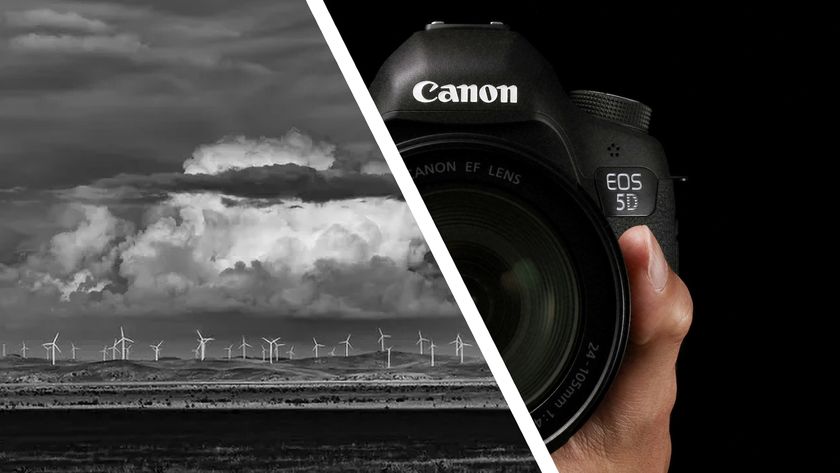
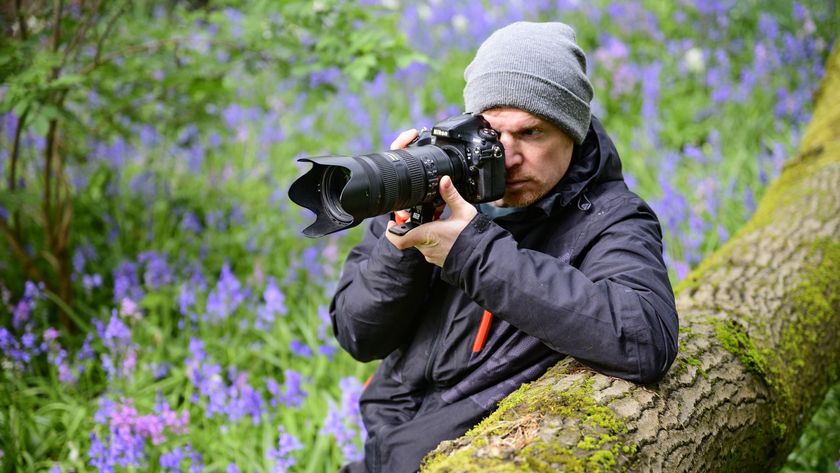

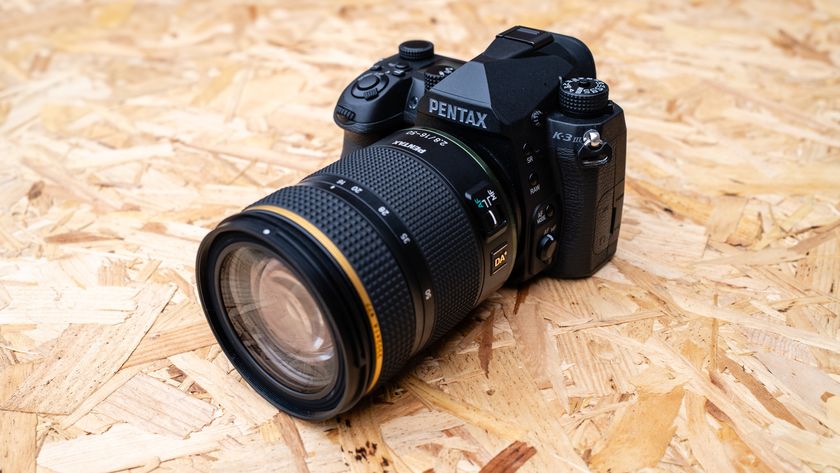
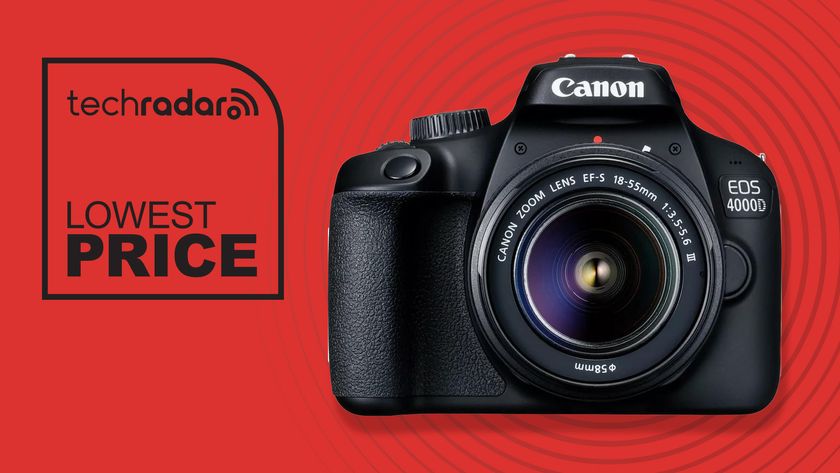
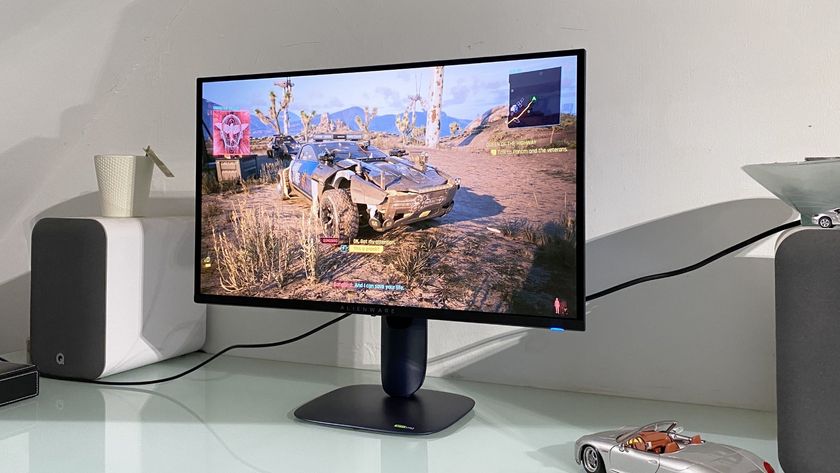
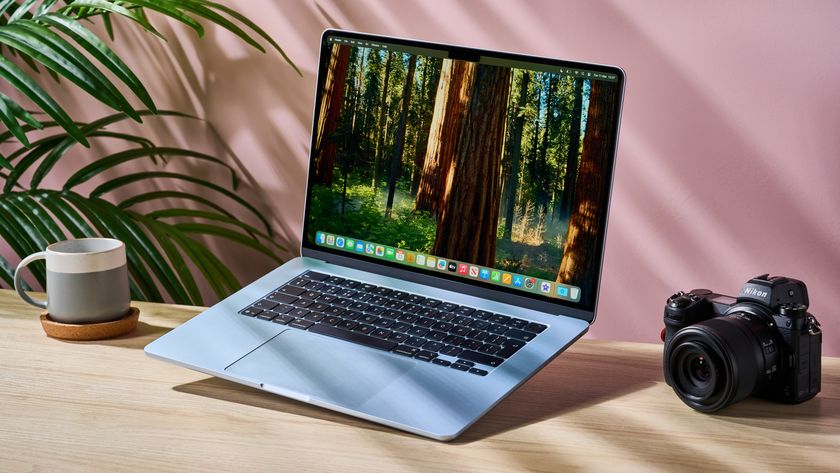
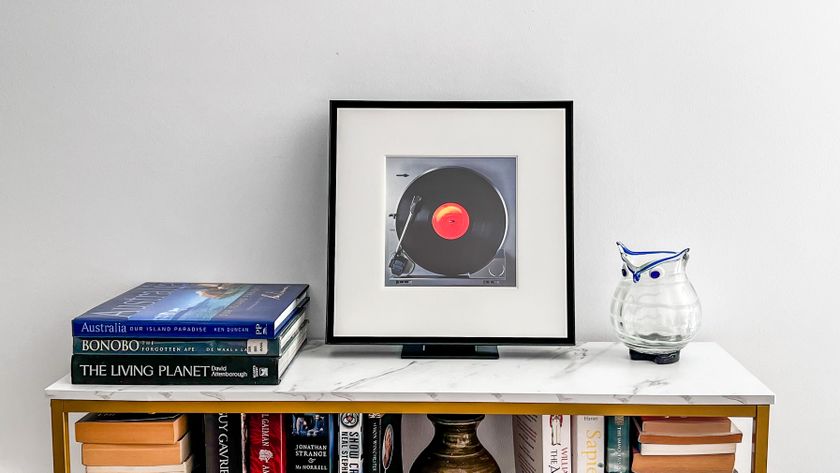
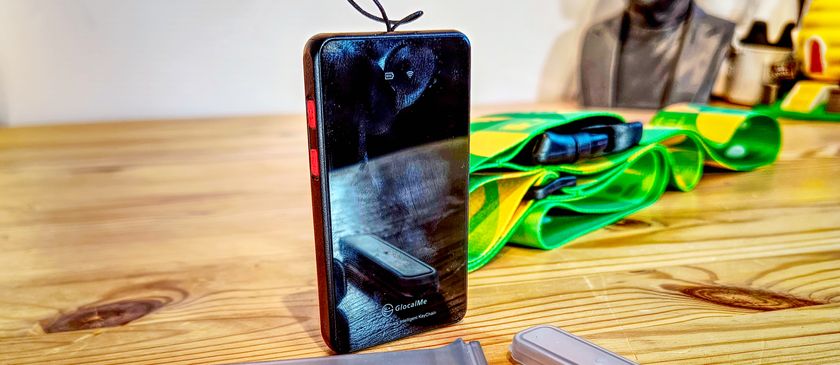
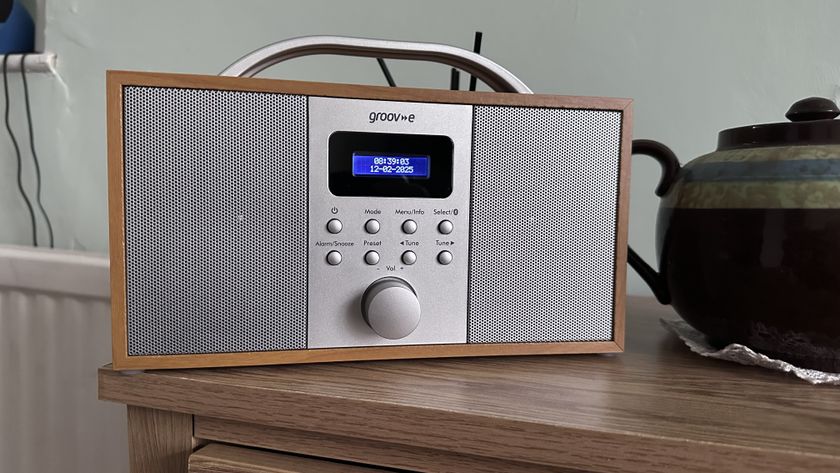
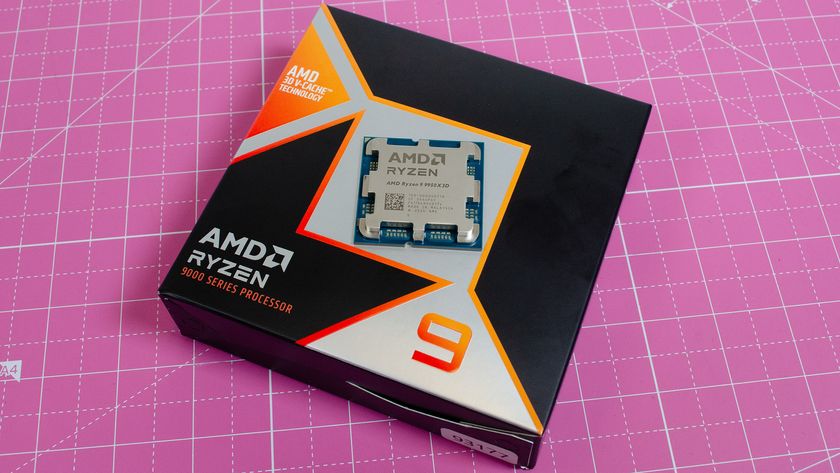
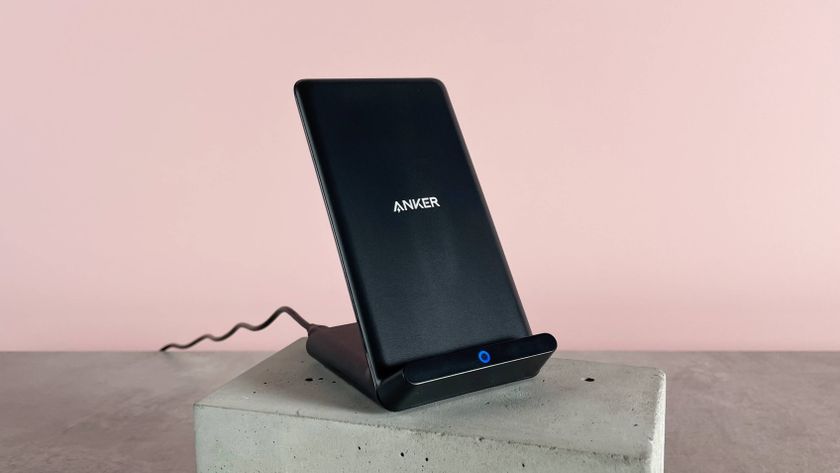
I tested Anker’s cheapest wireless charging stand, and I can’t argue with the value, even if it’s not fast with today’s phones

Toyota's self-charging concept EV could help you tackle the daily commute on solar power alone
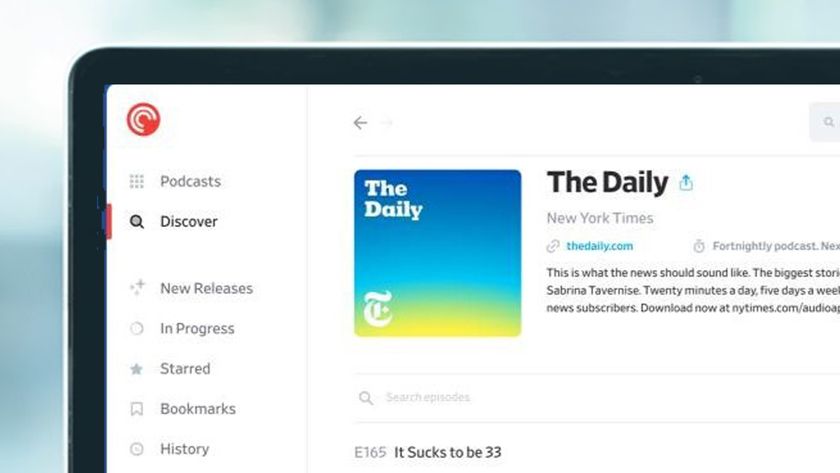
‘Podcasting shouldn’t be locked behind walled gardens’: Pocket Casts slams Spotify and makes its web player free to all
